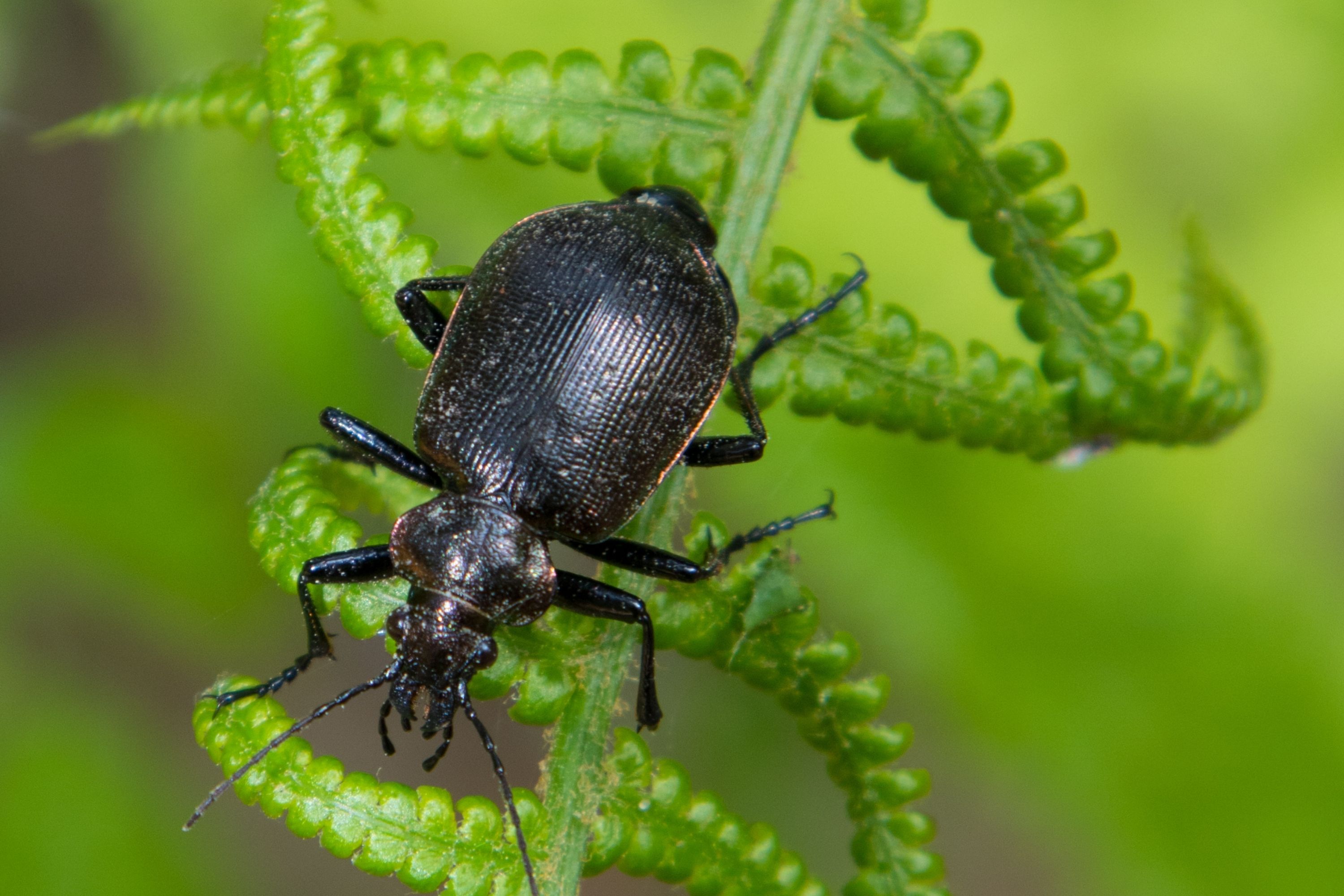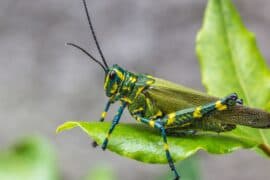Bronze carabid
(Carabus nemoralis)

Description
Carabus nemoralis (commonly called the "bronze carabid") is a ground beetle common in central and northern Europe, as well as Iceland and Canada. While native to Europe, it has been introduced to and is expanding its range throughout North America. Carabus nemoralis is a beneficial predator as it eats the agricultural pest Deroceras reticulatum slug in its young stage and also its eggs. Use of Carabus nemoralis as a biocontrol agent for multiple pests in large scale farming operations have been tested in recent years. It is known that some Carabus nemoralis populations will regurgitate foul-smelling brownish-red liquid as a defense mechanism. Carabus nemoralis typically has one breeding period in the spring with eggs hatching in autumn of the same year. Carabus is a genus of beetles in family Carabidae. The genus is highly diverse with 94 subgenera, 897 species and 2300 subspecies, thus is the largest genus in the subfamily Carabinae. The vast majority are native to the Palearctic, but 11 Nearctic species are also known. Carabus spp. are 12–50 mm (0.47–1.97 in) long, and most species are wingless and often very colourful. These are nocturnal, predatory beetles that feed on snails, earthworms, and caterpillars.
Taxonomic tree:







